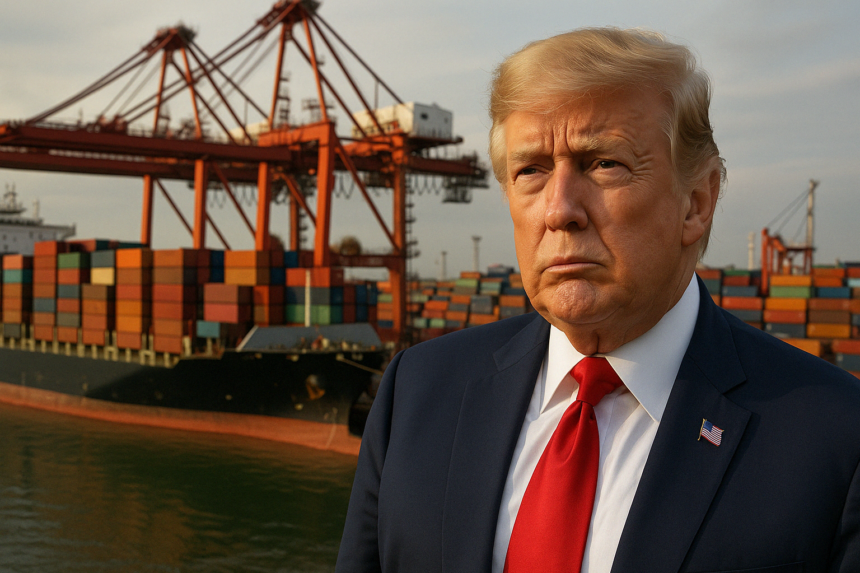In 2025, the ripple effects of the Trump administration’s tariffs continue to cause headaches for global shipping companies. DHL Express, one of the most extensive international delivery services, has suspended deliveries to the U.S. for high-value shipments exceeding $800 due to stricter customs checks. This move is part of the wider impact of the U.S. government’s revised tariff policies, which tighten regulations for goods entering the country. But what does this mean for global trade, businesses, and consumers?
What’s Happening & Why This Matters
DHL’s decision to suspend deliveries of high-value shipments is directly tied to the recent changes in U.S. customs regulations. Before these new rules, packages valued at up to $2,500 could enter the U.S. with minimal paperwork. However, the Trump administration has slashed the threshold, which now mandates stricter checks on goods worth over $800. The impact has been immediate: businesses sending high-value goods to American consumers are now facing a surge in red tape. For DHL, this means multi-day delays and a significant increase in the volume of customs clearances.
While business-to-business shipments are still going ahead, they may also experience delays. The new rules target goods from China and Hong Kong and will soon impact shipments from all countries. This regulatory change is expected to affect several global businesses, including fast-fashion brands like Shein and Temu, which warn of price increases due to rising costs from the new tariffs.
The U.S. government’s rationale for these changes is partly aimed at combating illicit shipments, particularly related to the synthetic opioid crisis. The administration claims that many shipments, especially from China, conceal illicit substances and that tightening tariffs is part of an effort to address these concerns. In response, China has voiced its frustration, claiming that the U.S. is using tariffs abusively and that the opioid issue is primarily a domestic U.S. problem.
Impact on International Shipping
The adjustments in tariff regulations, particularly the closing of the “de minimis” rule — an exemption allowing low-value goods to enter the U.S. duty-free — will significantly affect global businesses. By May 2, U.S. customs will no longer permit small packages from China and Hong Kong to enter the country without duties, which is expected to disrupt the retail sectors of brands (e.g., Shein, Temu). This could raise prices for U.S. consumers, as the costs of tariffs are often passed down to the end user.
Hong Kong Post has already announced its suspension of U.S.-bound sea parcels and will cease accepting packages destined for the U.S. from April 27. The company has criticized the U.S. measures as “unreasonable” and “abusive,” adding to the growing tension between the two countries over trade policies.
The increased scrutiny and regulatory changes may ultimately lead to delays in supply chains and push international businesses to reconsider their shipping strategies. DHL Express is working around the clock to manage the surge in customs checks. Still, the shipment delay is expected to persist, leaving businesses scrambling to find alternative ways to get their goods to U.S. consumers.
TF Summary: What’s Next
The impact of these tariff changes on international shipping is only beginning to be fully realized. Shipping companies like DHL are already feeling the strain, and businesses worldwide must adapt quickly to stay competitive. As the U.S. government moves forward with tightening regulations, companies, especially those in e-commerce, should expect further delays and higher costs. Meanwhile, countries like China are expected to push back on these policies, arguing that they unfairly penalize businesses and trade relations.
With the Trump administration focusing on additional tariff changes, particularly around high-value shipments and small parcel exemptions, businesses worldwide must closely monitor policy shifts to ensure smooth operations and cost management. The future of global trade hinges on how these tensions are resolved and whether the U.S. will maintain its current tariff regime.
— Text-to-Speech (TTS) provided by gspeech.


